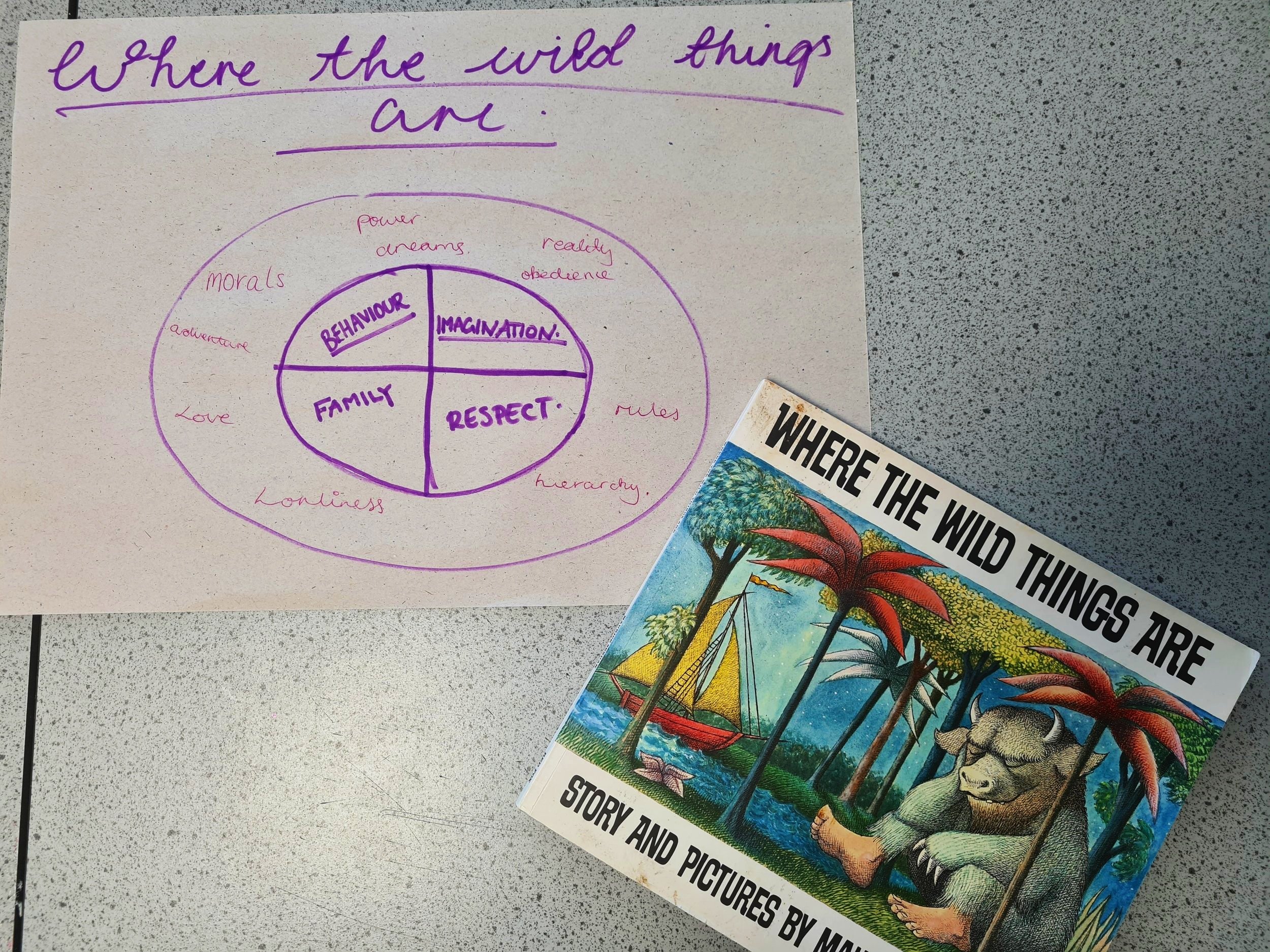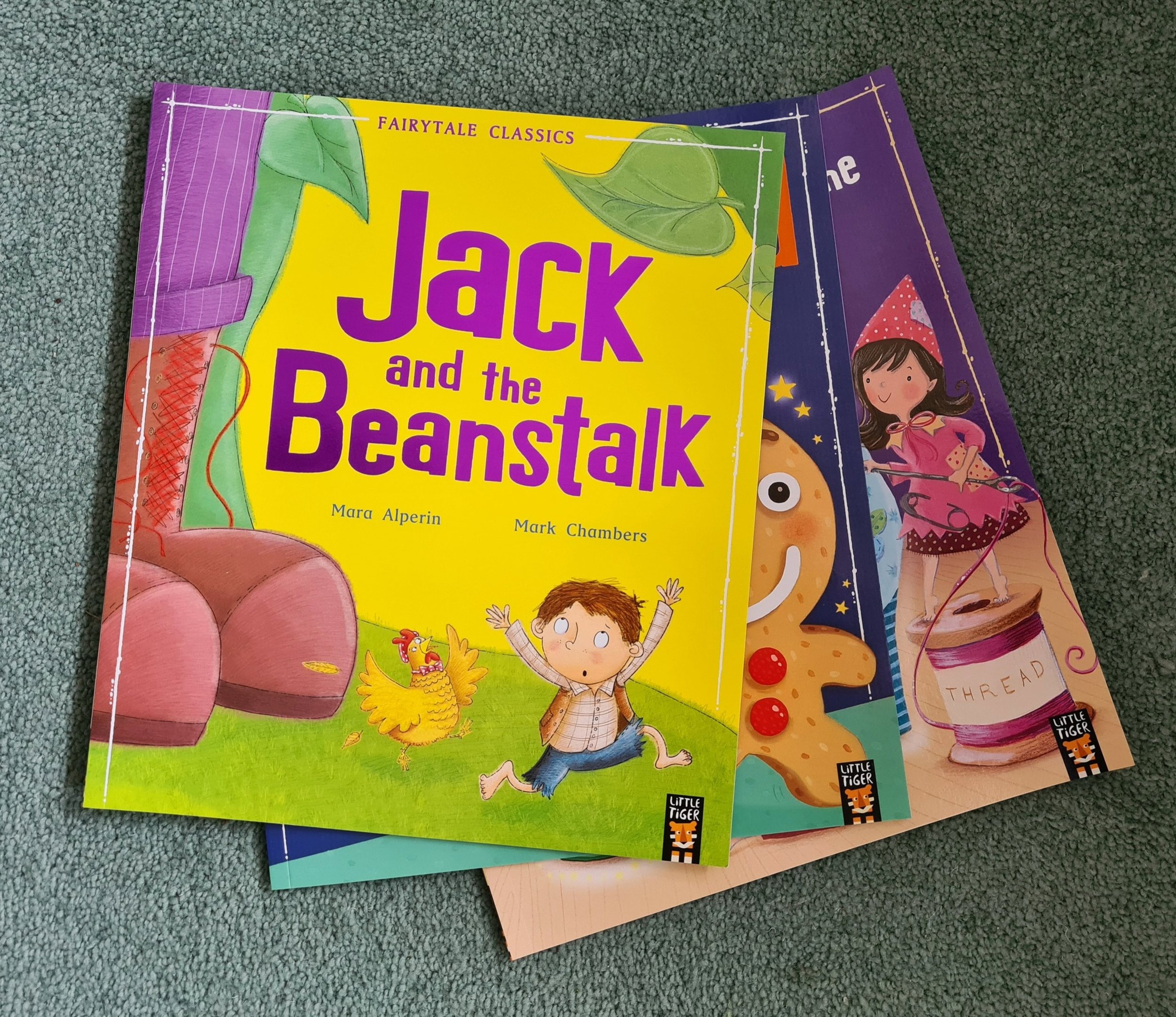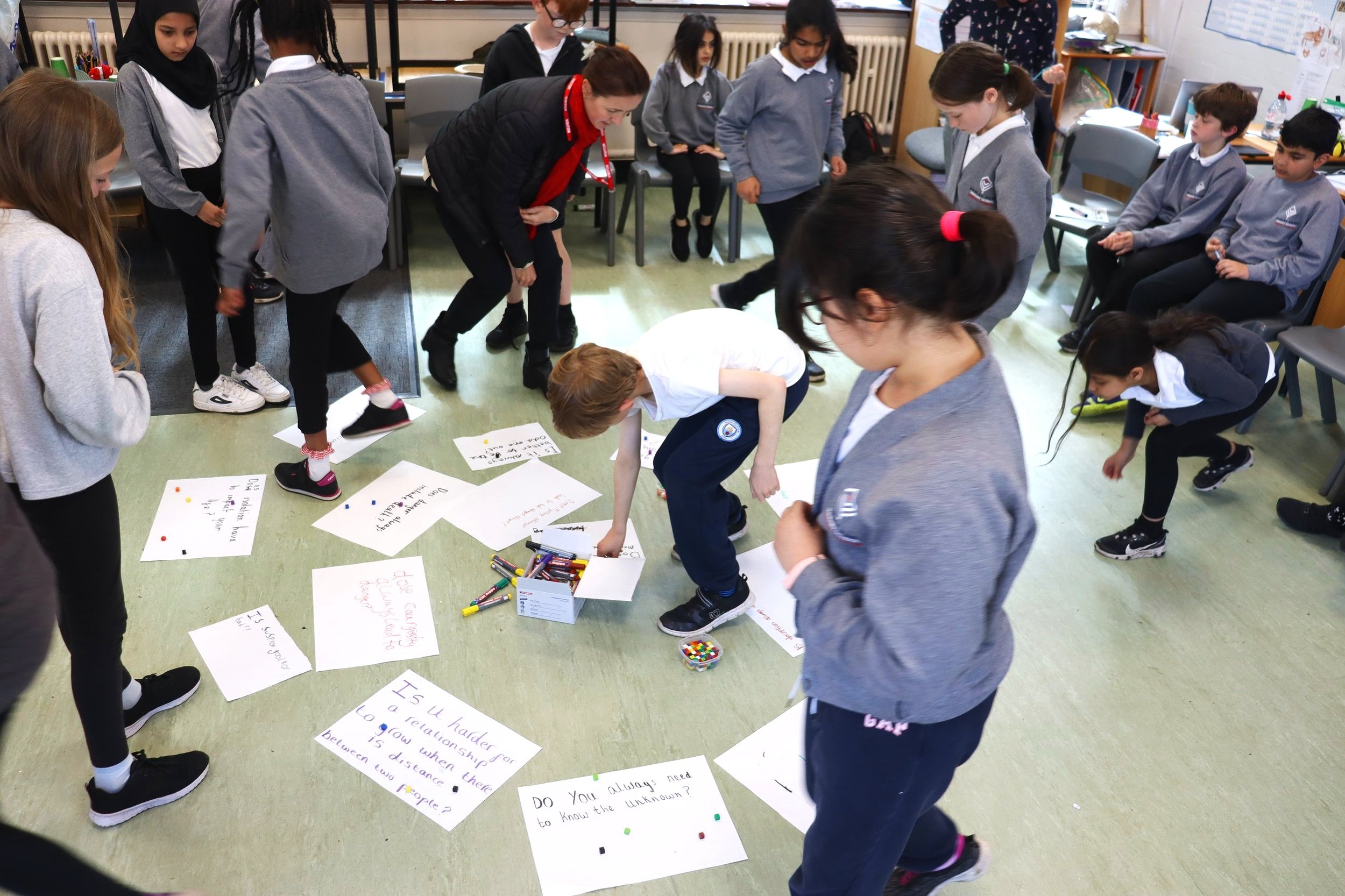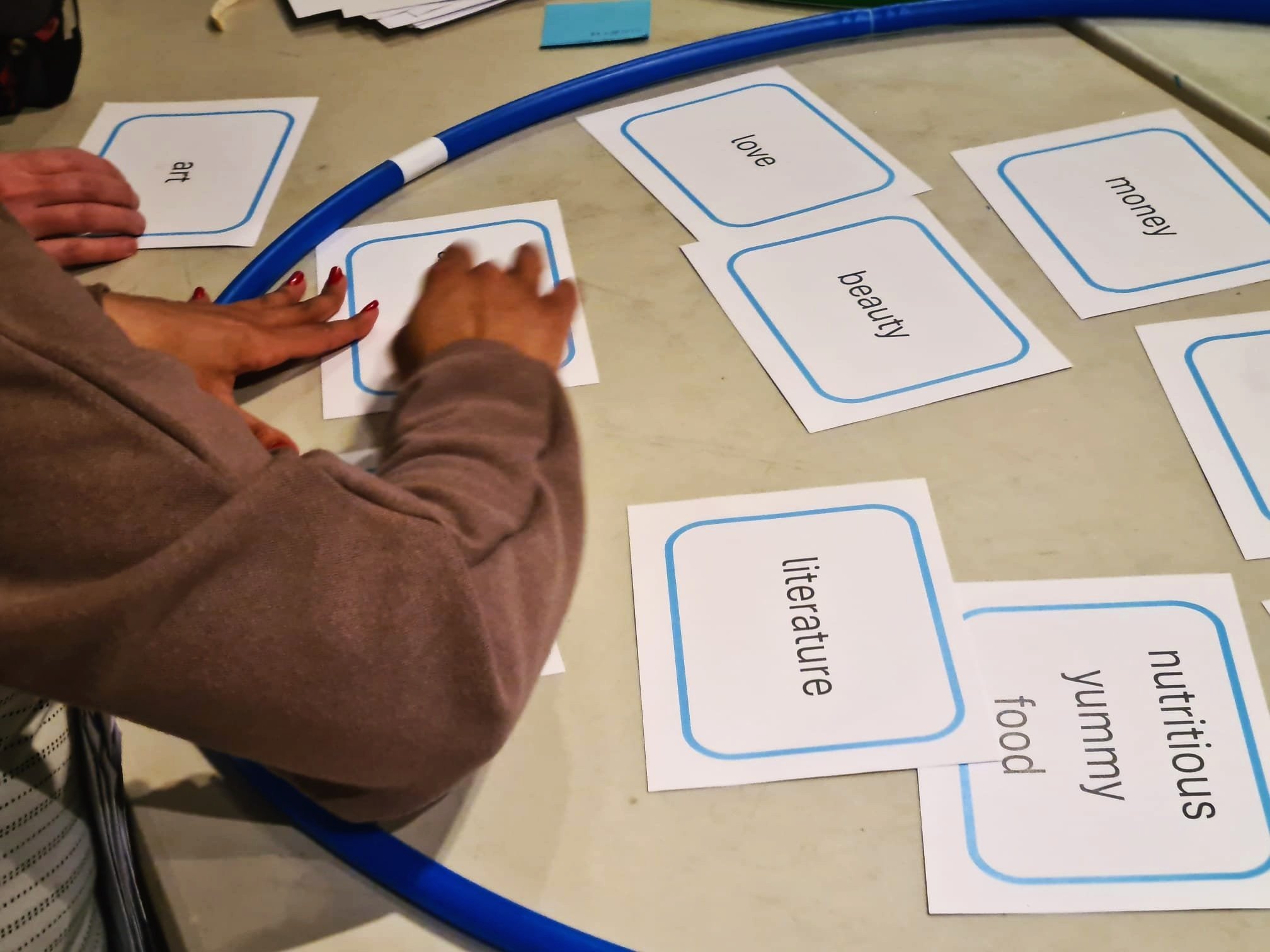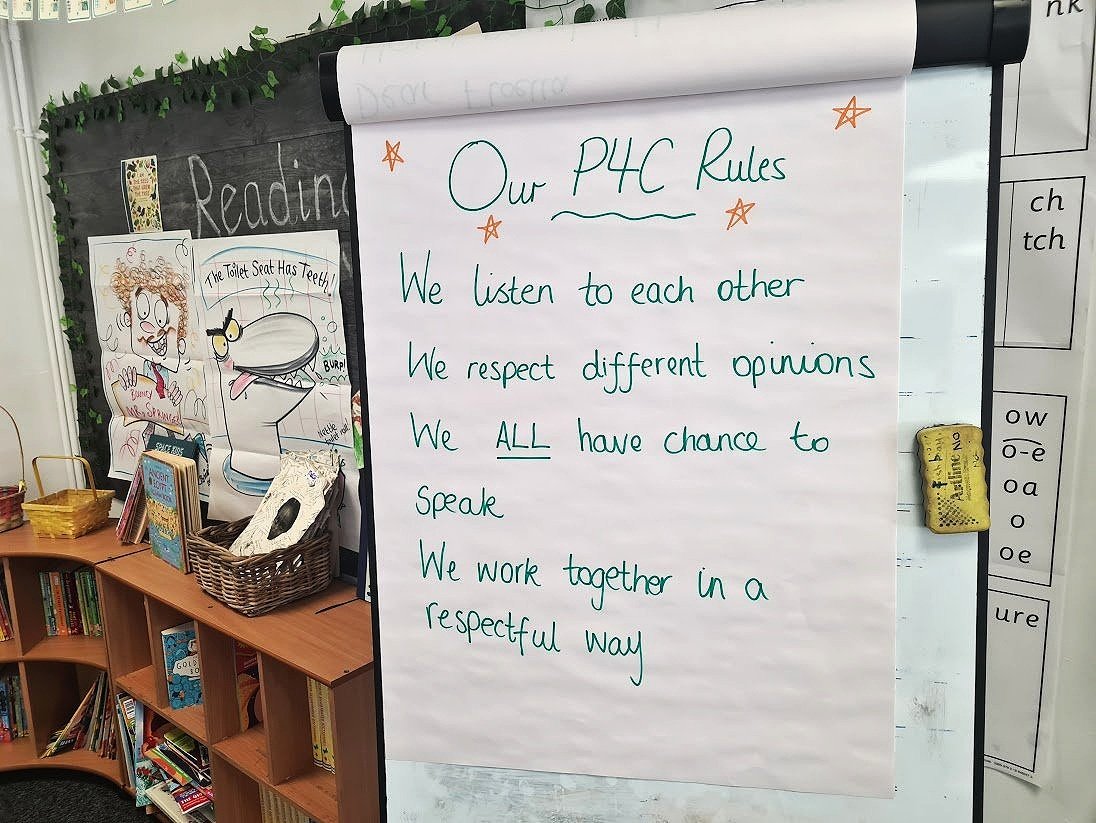Research published this week in the UK has found that P4C has no effect (positive or negative) on Reading, as measured by SATs scores.
In addition to this headline finding, the research also found that
pupils were ‘overwhelmingly positive’ about P4C; they valued being able to express their views and feelings in a non-judgmental arena
teachers felt P4C positively impacted on pupils’ ability to question and reason, their ability to express views clearly, and their respect for others’ opinions
teachers felt able to integrate P4C into their curriculum and pedagogy rather than seeing it as something separate
teachers found P4C particularly beneficial for pupils with additional needs
P4C is a low-cost intervention (it is in the ‘very low’ cost bracket on the EEF scale).
For me, the reasons for doing P4C have always been to develop pupils’ confidence, thinking, empathy, awareness of other perspectives, and so much more. It’s great to see these reflected in the above findings.

Are these examples of adventure, bravery, or both?
Lawrence the Lion and Maple the Meerkat tackle some philosophical dilemmas…
An example of using children’s wonderings to guide a philosophical discussion
Get your class thinking about fairness, teamwork, competition and more
Ways to keep everyone engaged and develop the community of enquiry
A detailed description including building, helping, sharing and working together
How to start a question, and think about whether or not it’s philosophical
How do they want to behave to become great 4C thinkers?

